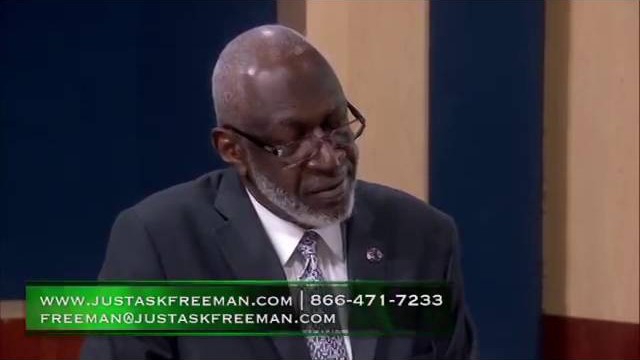How does long term care or skilled care coordinate with Medicare and Medicaid?
Bill Fralin: There are three levels of care:
1. Independent living: Do not need assistance
2. Assisted Living: Intermediate care – needing assistance with daily living
3. Skilled Nursing Care: This is greatest financial risk. Need assistance with two or more activitie s in daily living – grooming, bating, eating, etc. The cost of care in the Washington area is $10,000 – $12,000. You can pay for these in one of the following ways
a. Private Pay
b. Long Term Care Insurance
c. Entitlements
i. VA: Veterans
ii. Medicare: Insurance for people over 65 with 4 options. They will pay up to 100 for skilled nursing care. They want to get you better so they don’t have to pay for more costs.
A. Hospitalization
B. Doctors Visit
C. HMO
D. Drug Benefit
ii. Medicaid: Pays for Long Term Care. It pays for 65% of all skilled nursing beds in America. At $12,000/month, it won’t take long for a person to deplete their assets. The general rule for Virginia is that you are allowed to keep $2,000. Congress passed the anti-impoverishment rule allowing couple to keep their house, car, contents of home and the well spouse can keep their income and keep up to $120,000 in a community spouse resource allowance.
Those essentially are the three ways to pay. When you do the estate planning, this is just as important or more important. If you pass away, there are less of these problems, but more people are living longer with chronic conditions. It has become more of an issue and a bigger cost. Having the power of attorney gives you the ability to access any of these resources.
Freeman: The average stay in a nursing facility is 2.5 years. At $12,000, that would be about $120,000 a year in order to pay for this care.
What if you have a special needs child receiving benefits? What are some of the means that are taken if that special needs child is receiving an entitlement benefits? If these exceed a certain level, will that benefit be cut off?
Bill Fralin: The special needs trust were created by congress. The entitlement programs we mentioned before were designed to provide food, clothing and shelter. But special needs refer to needs over and above those basic requirements. For the child, I can place money in the trust to be used for the child. When the child is trying to qualify, these monies don’t count. The person then can receive the benefits and it won’t affect them.
In your planning, you need to make sure you do not give them the benefit outright. You need to put it in a special needs trust. With Medicaid, if you have a disabled child there is a 5 year look back – they ask if you have given any gifts in the last 5 years. The rule does not apply to spouses If you have given a gift, you aggregate them all. If you have given a small amount, you have a shorter period of eligibility, but if you have given a larger amount, you have a longer period of eligibility. There are a lot of planning options that the general public is not aware of. The facilities make more money when they don’t tell you about these options.
What other documents will seniors need in order to get it set up?
1. Financial Power of Attorney: Pay assets, pay bills, and keep credit in shape
2. Medical Power of Attorney: Make non terminal medical decisions (headache to heart transplant)
3. Advanced Medical Directive: For terminal conditions, this determines in advance what will occur. In the document it states if you do or don’t want life support. This takes the loved ones out of the equation of making the decision. They can avoid conflict, and just enforce the will of the patient.
Visit my website JustAskFreeman.com for more useful tips on how to get the most from your retirement planning & Social Security benefits. VA | MD | DC . Also, download my free “SAFE MONEY KIT” to get the most from your retirement dollars. Tel: 1-866-471-7233

How Medicare and Medicaid work with Elder Care Pt3
How Medicare and Medicaid work with Elder Care Pt3





